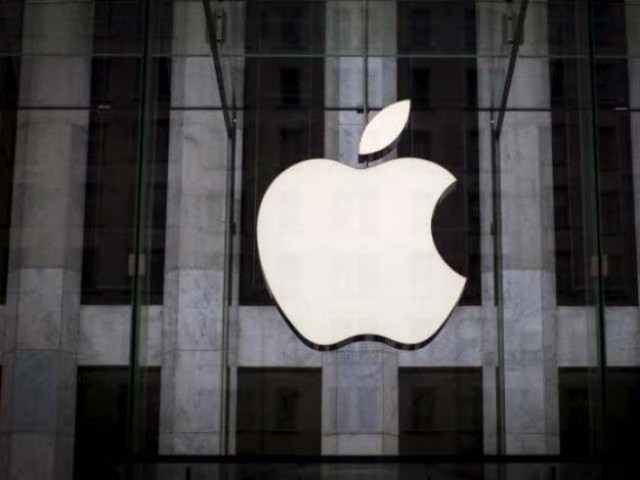Is Apple going to start selling electricity?
Apple says it generates enough electricity to cover 93 per cent of its energy usage worldwide

An Apple logo hangs above the entrance to the Apple store on 5th Avenue in New York City, in this file photo taken July 21, 2015. PHOTO: REUTERS
The company has created a subsidiary, Apple Energy LLC, to sell excess electricity generated by its hundreds of megawatts of solar projects.
Portugal ran entirely on renewable energy for 4 straight days
The company has filed a request with the Federal Energy Regulatory Commission to sell power on wholesale markets across the US. Apple has announced plans for 521 megawatts of solar projects globally.
Not only that, Apple says it generates enough electricity to cover 93 per cent of its energy usage worldwide.
Currently, Apple is using clean energy to power all of its data centers, as well as most of its Apple Stores and corporate offices. It also has other investments in hydroelectric, biogas, and geothermal power, and looks to purchase green energy off the grid when it can't generate its own power.
Microsoft's Gates to start multi-billion-dollar clean tech initiative
The iPhone company plans to sell off excess electricity to help recoup costs by selling to power companies at wholesale rates, which then gets sold onward to end customers.
It's unlikely that Apple, which generated more than $233 billion in revenue in fiscal 2015, will turn power generation into a meaningful revenue stream. The company issued $1.5 billion in green bonds earlier this year to finance its clean energy projects.
This article originally appeared on The Verge


















COMMENTS
Comments are moderated and generally will be posted if they are on-topic and not abusive.
For more information, please see our Comments FAQ